Improving farm incomes and ensuring farmers play a key role in future county development are core parts of the recently produced sustainable agricultural strategy for Mayo.
Following engagement with a range of stakeholders, Mayo County Council has produced a document which sets out how each key sector will developed in a balanced way.
Value of €500m
At present, there are 12,300 farms in Mayo which cover a farmed area of 275,000ha.
While the total farm income in Mayo is just €128m, of which 91% are direct payments, agriculture is worth €500m to the county.
A number of viability challenges have been identified, with small farm sizes chief among these.
The average farm size in Mayo is just 22ha and its land mobility culture makes it difficult for farmers to secure land on a long-term basis.
Access to a strong direct payment base are identified as the county’s strengths.
However, potential cuts to the CAP budget make the heavy reliance on direct payments challenging.
Beef
In the beef sector, it is believed any cut to support payments could see suckler cow numbers collapse.
Suckler farming is the primary enterprise for over half of all 12,300 farm in Mayo, with over 70,000 beef cows in the county.
Many of these are small, part-time operators, with an average herd size of 11 cows running suckler-to-weanling or store enterprises.
Indirect opportunities from dairy expansion have been identified, particularly around dairy-calf-to-beef systems and contract-rearing heifers.
The council says these enterprises could be run in tandem with existing enterprises.
Retaining suckler herds is a key part of the strategy, as these systems benefit the wider economy more than summer grazing of store cattle.
Dairy
Just 3% (360 herds) of farmers are involved directly, with dairy farmers keeping 18,000 cows.
However, these herds are significantly bigger than their beef counterparts at an average size of 55 cows.
The vast majority of the 95 million litres produced in Mayo are supplied to Aurivo Co-op.
Mayo’s dairy sector has seen some growth, driven primarily by existing operators.
There has been just 10 new entrants to dairy in the last two years.
Small farm structures and fragmentation are two of the main restrictions for younger farmers.
The council noted increased scale and a lower cost of production for farms in the south and east could undermine smaller units in the west.
Sheep
Outside of beef, sheep farming is the other stable of Mayo’s agriculture.
There are 5,470 flocks in the county, which keep 274,400 ewes, the third-highest number in the country.
The majority (75%) of these are hill farms.
These farms have been identified as having an important role both environmentally and economically, with the upland areas a major tourist attraction.
The council are to examine the feasibility of establishing a Wild Atlantic Way brand for Mayo mountain lamb to capitalise on the county’s assets.
With a number of producer groups already established in the county, it is hoped these may be expanded also.
Read more
Midlands-northwest MEP candidates have their say on farming
Western farmers win in 2019 BPS changes
Improving farm incomes and ensuring farmers play a key role in future county development are core parts of the recently produced sustainable agricultural strategy for Mayo.
Following engagement with a range of stakeholders, Mayo County Council has produced a document which sets out how each key sector will developed in a balanced way.
Value of €500m
At present, there are 12,300 farms in Mayo which cover a farmed area of 275,000ha.
While the total farm income in Mayo is just €128m, of which 91% are direct payments, agriculture is worth €500m to the county.
A number of viability challenges have been identified, with small farm sizes chief among these.
The average farm size in Mayo is just 22ha and its land mobility culture makes it difficult for farmers to secure land on a long-term basis.
Access to a strong direct payment base are identified as the county’s strengths.
However, potential cuts to the CAP budget make the heavy reliance on direct payments challenging.
Beef
In the beef sector, it is believed any cut to support payments could see suckler cow numbers collapse.
Suckler farming is the primary enterprise for over half of all 12,300 farm in Mayo, with over 70,000 beef cows in the county.
Many of these are small, part-time operators, with an average herd size of 11 cows running suckler-to-weanling or store enterprises.
Indirect opportunities from dairy expansion have been identified, particularly around dairy-calf-to-beef systems and contract-rearing heifers.
The council says these enterprises could be run in tandem with existing enterprises.
Retaining suckler herds is a key part of the strategy, as these systems benefit the wider economy more than summer grazing of store cattle.
Dairy
Just 3% (360 herds) of farmers are involved directly, with dairy farmers keeping 18,000 cows.
However, these herds are significantly bigger than their beef counterparts at an average size of 55 cows.
The vast majority of the 95 million litres produced in Mayo are supplied to Aurivo Co-op.
Mayo’s dairy sector has seen some growth, driven primarily by existing operators.
There has been just 10 new entrants to dairy in the last two years.
Small farm structures and fragmentation are two of the main restrictions for younger farmers.
The council noted increased scale and a lower cost of production for farms in the south and east could undermine smaller units in the west.
Sheep
Outside of beef, sheep farming is the other stable of Mayo’s agriculture.
There are 5,470 flocks in the county, which keep 274,400 ewes, the third-highest number in the country.
The majority (75%) of these are hill farms.
These farms have been identified as having an important role both environmentally and economically, with the upland areas a major tourist attraction.
The council are to examine the feasibility of establishing a Wild Atlantic Way brand for Mayo mountain lamb to capitalise on the county’s assets.
With a number of producer groups already established in the county, it is hoped these may be expanded also.
Read more
Midlands-northwest MEP candidates have their say on farming
Western farmers win in 2019 BPS changes




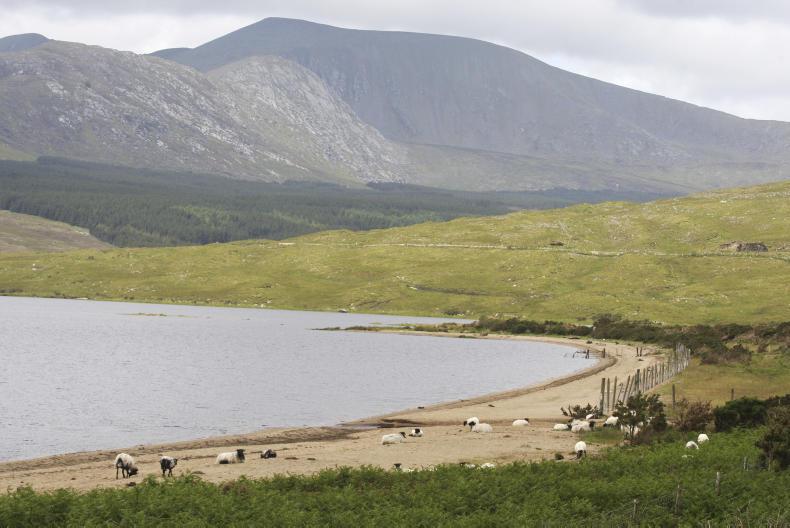
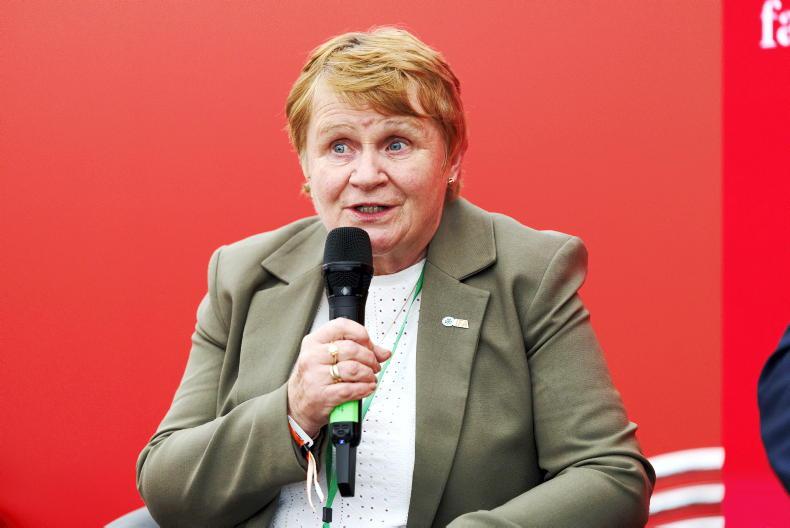

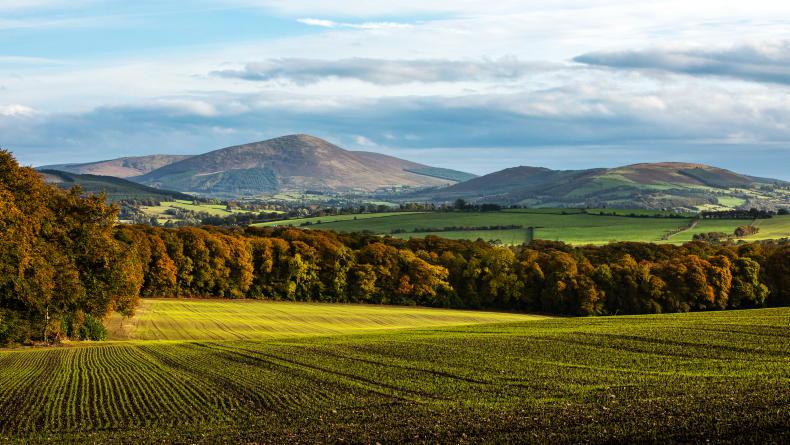
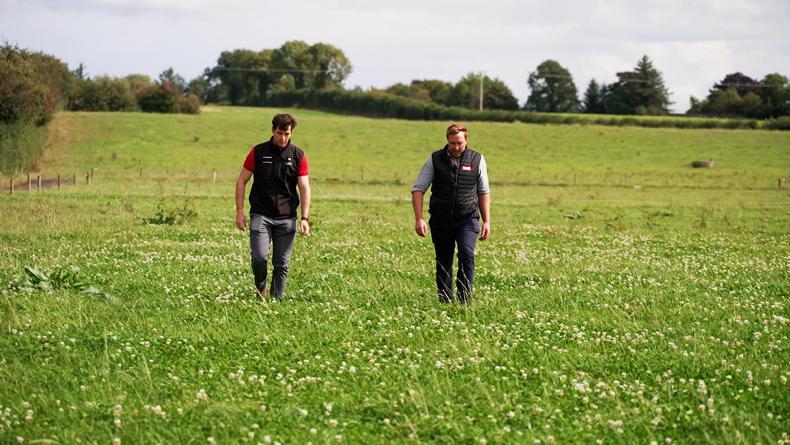
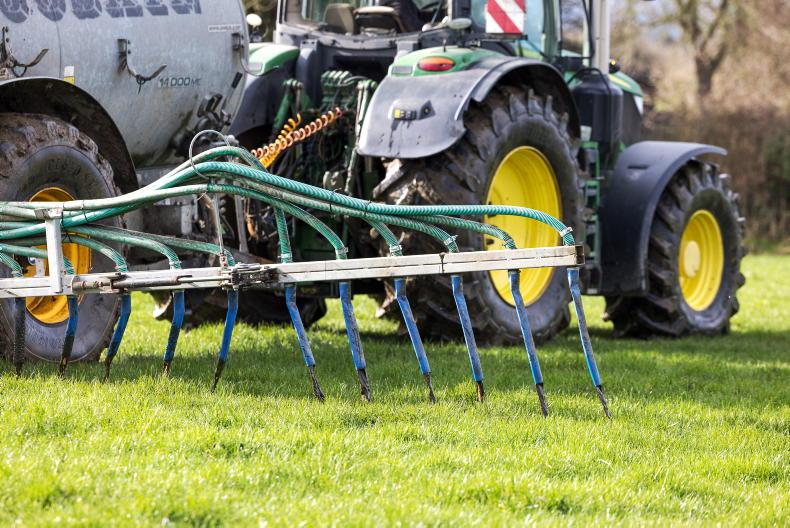
SHARING OPTIONS